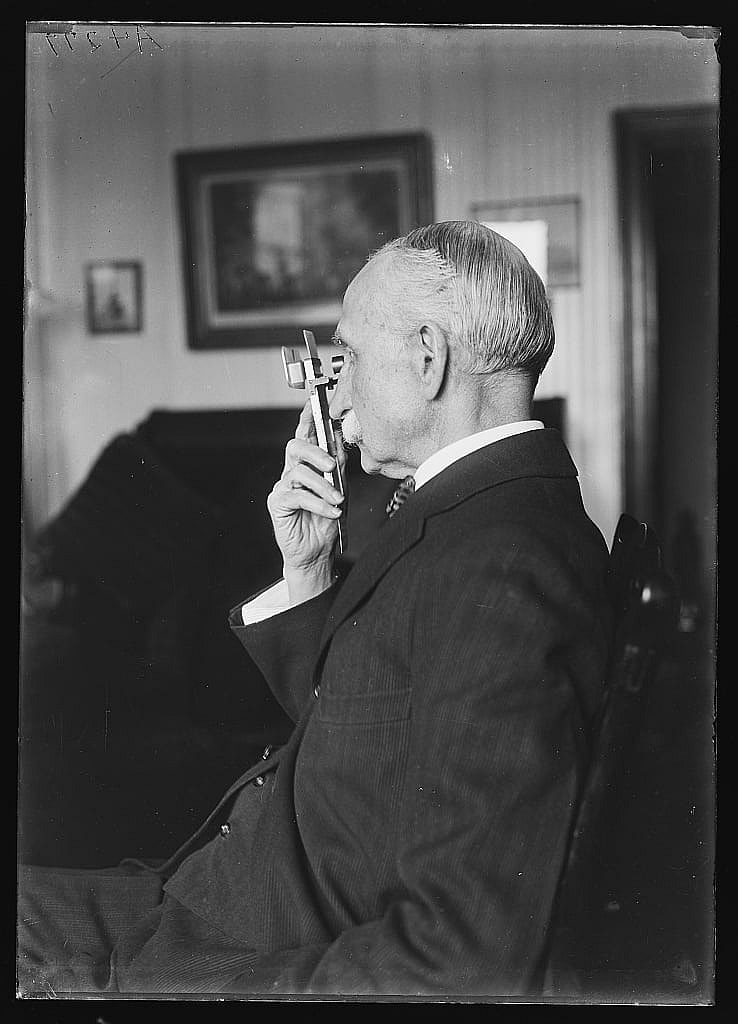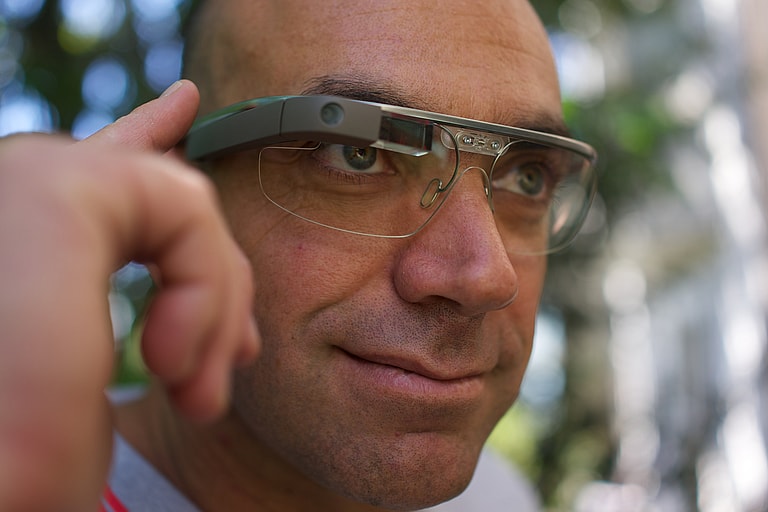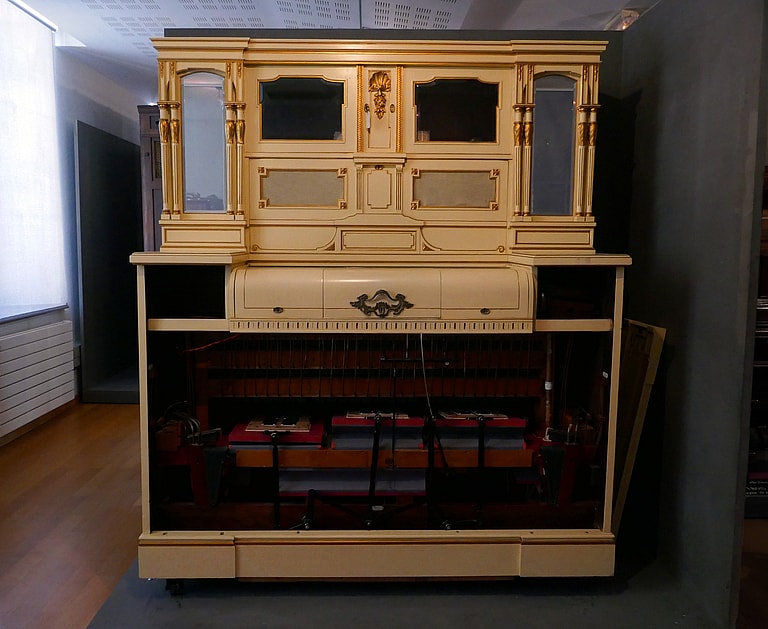
There are many historical inventions that have changed the world as we know it. Can you imagine if Ben Franklin didn’t discover electricity or if Alexander Graham Bell didn’t discover the telephone? However, not every invention is a knockout. Here are 10 odd historical inventions that didn’t make it.
8. New Coke

Coke is globally known as one of the most popular soft drinks in the world. So, in 1985, the company decided to attempt to create a better version of it but the new formula was not as good as the original.
After being flooded with letters from discontented customers, the company returned to the original coke. It was such a big deal that news anchor Peter Jennings interrupted an episode of General Hospital to break the news to the general public.
7. Nokia N-gage
Before there was Nintendo DS or the Sony PSP, there was the Nokia N-gage, a handheld game system that could also make calls and send text messages.
Though this seems like a product that would find much success, users complained about its shape, screen dimensions, and keyboard design, making it one of the many failed historical inventions.
Read More: 5 Nikola tesla Inventions That Forever Changed The World
6. Electrified Water
In the early 1900s, electrified water was considered to be the next big invention so that people could charge water and allow it to acquire new qualities. This was supposed to make everyday tasks more efficient, such as washing clothes.
Though it did not end up being dangerous, as the charge stopped before people came in contact with the water, it just proved to be ineffective, making electrified water one of the failed historical inventions.
5. The Fiske Reading Machine

The Fiske Reading Machine was an invention that attempted to print out books in very small print and then you had a magnifying glass to read it. There were supposedly many benefits to the invention such as cheaper manufacturing, higher quality paper that could be used, and it took up less space.
However, the invention’s success was trumped by the growing popularity of mass-market paperbacks. Also, people did not tend to want to hold up a magnifying glass to their eyes for hours on end, making the Fiske Reading Machine one of the many historical inventions that did not make it.
4. Google Glass

In 2012, Google introduced the Google Glass which was basically a computer monitor you could wear on your face.
However, in the consideration of privacy, these glasses were banned in places such as movie theaters, casinos, and even cars, causing Google to give up on the product.
3. The Submarine Tube
In the 1910s, a man named Charles Williamson invented the Submarine Tube to enhance the world of underwater photography. The idea was to put a sphere underwater and attach it to a massive waterproof tube.
Though it was a bright idea, based on pricing, it ended up being more practical to send the camera underwater with a diver instead of attached to a tube, making Williamson’s idea one of the historical inventions that did not make it.
Read More: 7 Top-Rated Underwater Drones
2. Daylit Motion Pictures
The idea for Daylit Motion Pictures was to go to the movies but instead of sitting in the dark, it is completely lit.
Many people complained about the darkness of movie theaters as it strained their eyes and they felt unsafe in the dark, so they liked the idea. But, when they realized that it diminished the quality of the film, movies went back to being in the dark for good.
1. The Welte-Mignon

The Welte-Mignon played pre-recorded music using automated cylinders. Professionals could sit down at a Welte-Mignon and record their performance on rolls. Then people could take those rolls home to their own Welte-Mignon’s and listen to that exact performance.
At the time, the Welte-Mignon was thought of as the future of music. However, it was soon surpassed by the record player which offered better options for both listeners and artists, making it one of the failed historical inventions.
